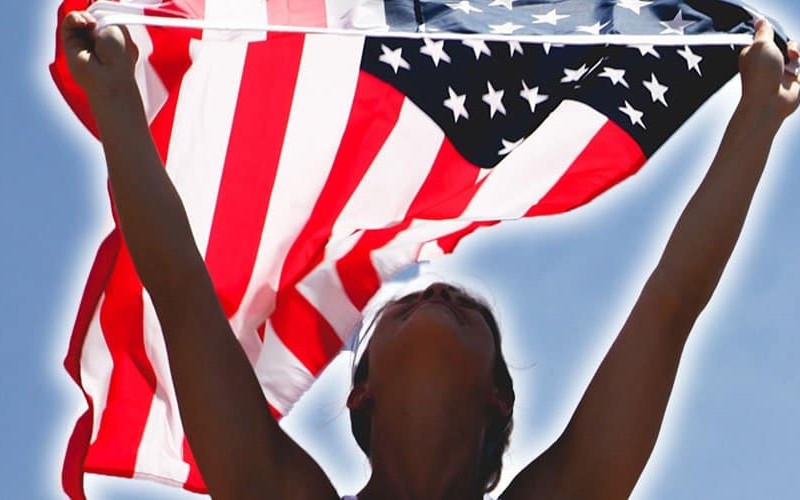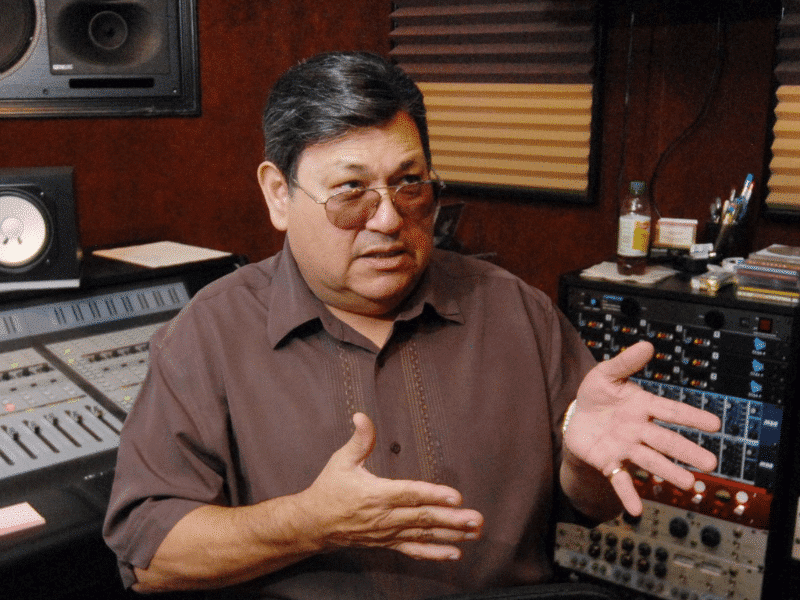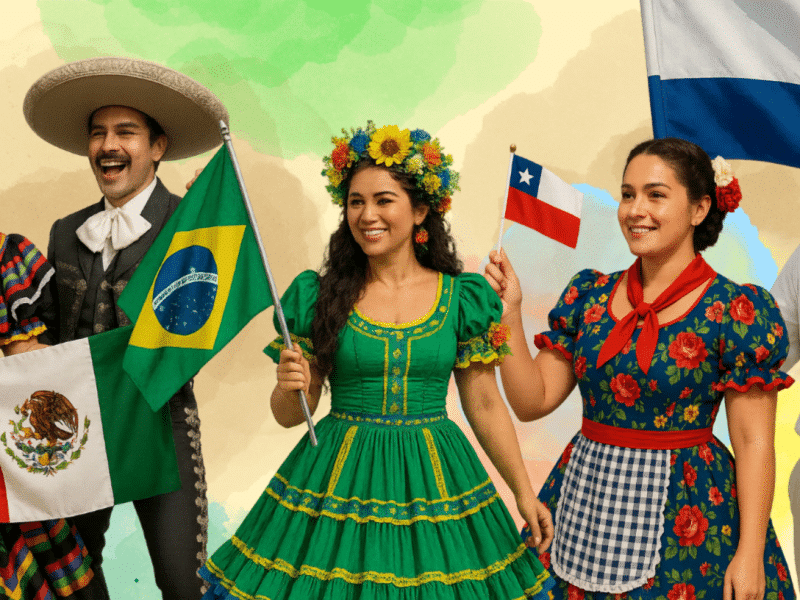Two Cultures, One Celebration: A Latino Perspective on the 4th of July
With one foot in our cultural heritage and the other in a country often dead set on beating that culture out of you, the Latino experience is a blend of pride and struggle.

The 4th of July, with its effervescent blend of backyard barbecues, vibrant fireworks, and patriotic hymns, is an opportune moment to reflect on what being a Latino in America means amidst the commemoration of the nation’s birth.
Independence Day has always been a celebration of the ideals of freedom, democracy, and the pursuit of a more perfect union. Yet, for the millions of Latinos in the U.S., this celebration carries a nuanced complexity of bittersweet sentiments – a beautiful testament to the journey traveled and a subtle reminder of the struggles that persist.
Being a Latino in America is an experience that often entails standing with one foot in the rich cultural legacy of our origins and the other planted firmly in the fertile soils of American opportunity. It’s navigating between two languages, mastering assimilation while nurturing the seeds of our vibrant cultures, and preserving the legacies of those who walked before us.
In the echoes of Independence Day parades and parties, Latinos are not merely spectators but active participants shaping the national narrative. We savor hot dogs along with tamales, wave the Star-Spangled Banner alongside our nations’ flags, our histories converging, our stories entwining, adding new threads to the tapestry of American diversity.
We honor the courage of our predecessors who traversed difficult terrains in search of the American dream, carrying only the light of hope in their hearts. Their resilience and fortitude have not only shaped our community but have become a foundational pillar of the American narrative. These are the shoulders of giants upon which we stand today.
Yet, it would be an oversimplification to paint a picture of our community without acknowledging the challenges we continue to face. As Latinos, we grapple with systemic issues ranging from immigration policies and education gaps to health disparities and language barriers. We find ourselves persistently fighting stereotypes, endeavoring to reshape the narrative that attempts to confine us within the narrow confines of misconceptions and generalizations.
However, amid these challenges, we find a reason to celebrate, just as the founding fathers did centuries ago. Our celebration, like theirs, isn’t a denial of the adversities we face, but rather an affirmation of our collective strength, resilience, and tenacity to overcome them. We continue to find ways to contribute and thrive, reinforcing the fact that our diversity is America’s strength, not its weakness.
As we celebrate this 4th of July, let’s remember that being a Latino in the U.S. is an integral part of the American story. We are not outsiders looking in, but partners in the continuous creation of this nation. Our voices add depth to the chorus of freedom that resonates on this day, our experiences add color to the fireworks that illuminate the night sky, and our hopes for a more inclusive and equitable future fuel the promise of America. It is in this unity in diversity that the true spirit of the 4th of July lies.




